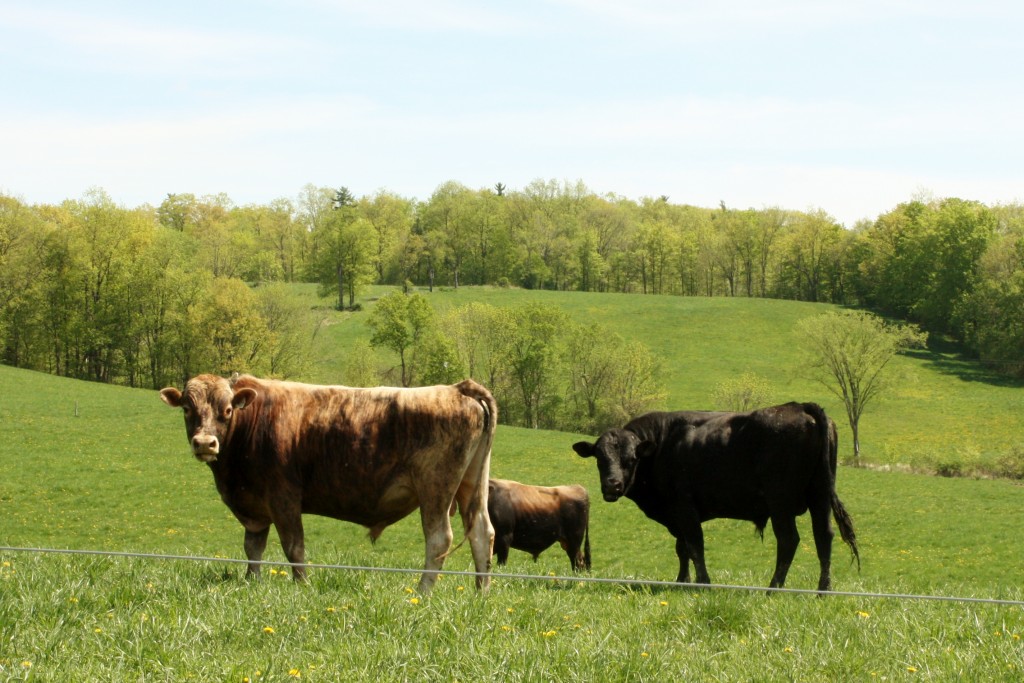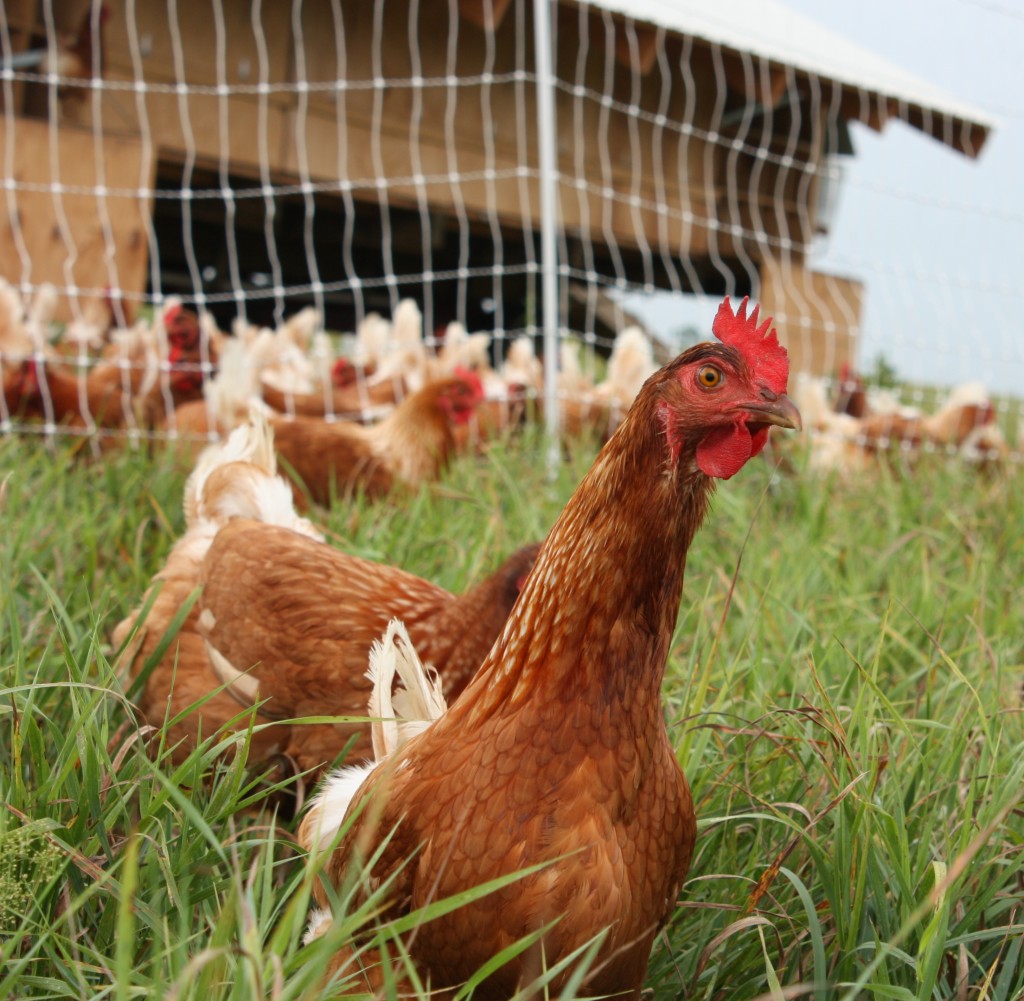This post originally appeared on The Art of Manliness and is reprinted with the permission of the author.
The planet needs nutritious food, and that requires thoughtful, intelligent people to grow it. So if you’re genuinely considering farming as a career, tape the following 9 rules for starting a farm to your refrigerator, tack them to your barn door, or commit them to memory. After fifteen years of running my own farm, these lessons were hard won, but continue to serve me well.
9 Rules for Starting Your Own Farm
Rule #1: Avoid Debt!
Why is this #1? Why does it have an exclamation point after it? Because—listen up—in the past fifty years, debt has tanked more farms than drought, plague, and pestilence combined. If there’s one thing our national housing crisis has reinforced, it’s how economically debilitating debt can be for the average person. Farmers aren’t immune to these challenges.
In a nutshell, debt (borrowing money, with interest) allows us to accelerate our goals, turning dreams of tomorrow into realities of today. While borrowed money might buy us a tractor, a new barn, or even the land we’ll be farming, experience, the most valuable farming asset of all, cannot be purchased.
Experience doesn’t come with a Bachelor’s Degree in Agriculture, and it certainly doesn’t come from a book. Agriculture is fraught with uncertainties, surprises, and intellectual challenges. And that’s just before lunch. Adding monthly payments to this intimidating list financially handcuffs most people right from the start.
So does this mean ‘never take on debt’? Certainly not. There are plenty of times when leveraging assets makes sense. As you gain farming experience, and create reliable cash flow in your business, these opportunities (or necessities) will become clearer.
Rule #2: Allow Yourself the Opportunity to Fail
Our culture seems obsessed with failure, simultaneously terrified and captivated with the concept. I know people who spend their days avoiding the humiliation of failure at all costs. Some of these people fear failure so much, they never try to accomplish anything.
But here’s what no one ever told me. It’s okay to fail. Moreover, in farming, it’s important to fail. While painful at first, failure can be an enormously useful tool. It helps us learn our personal limits of time and energy. Failure provides us perspective for future enterprises, making us intellectually stronger, more emotionally resilient.
Rule #3: Identify Your Market Before You Start Farming
So you want to raise cattle, grow watermelons, or start a sauerkraut business. Maybe you just want to sell wool to local knitters. Awesome. I like steaks, sauerkraut, and knit caps as much as the next guy. But how are you going to find customers like me?
Before you plant that first seed, jar your first kraut, or shear your first ewe, take the time (lots and lots of time) to figure out where you’re going to sell your products, who is going to buy them, and how you’re going to do it. Once you’ve done this, create a backup plan. Then, come up with another backup plan. Chances are you’re going to need them.
Rule #4: Match the Land to Its Suited Use
We can try to force our human dreams onto the land, or we can work with what nature gives us. On our farm, wild turkeys, deer, cottontail rabbits, and raccoons naturally flourish. As such, it’s no coincidence that we’re able to raise free-range chickens, sheep, cattle, and pigs on our land. While the correlations may not be identical, when we stand back for a moment and consider the landscape, there’s a nice pattern here.
Rule #5: Grow Your Passion
Everyone knows that farming is hard work. So do yourself a favor: grow something that you love. If you grow what you’re passionate about, it will help mitigate those difficult days when the sledding gets rough and things don’t go your way. It may seem like common sense, but we often find our decisions driven more by finances, tradition, or inertia than by something we truly love.
Rule #6: Set Reasonable Goals
Yes, yes, we all know that you were a double major, the captain of the fencing team, and turned down a Fulbright to construct Mongolian yurts in the Peace Corps. You’re talented, we get it. Now repeat after me:
“It’s okay if I don’t make ‘X’ number of dollars this year, as long as all of my bills are paid.
It’s okay if I don’t add an additional enterprise, until I get really good at the 3 other enterprises I’m already trying to master.”
Take care of yourself. Burnout is big in farming. You already know that the work is physically taxing, with unique emotional demands. Visualize a fifty-year career, and set annual, reasonable goals that will get you there.
Rule #7: Don’t Worry About What Other People Think
In 1994, when I was twenty years old, I found myself talking to an older farming couple at a local picnic. We both raised cattle for a living, but they sold their animals straight to corn-fed feedlots. They asked me about my farming ambitions, and I told them of my dream to sell 100% grass-fed beef.
Their reaction? When I had finished speaking, they turned to each other, made eye contact, and burst into uncontrollable laughter.
Eighteen years later, despite this withering response from my elders (they apologized for their behavior after they managed to stop laughing, bless their hearts), our farm has accomplished all of these goals and much, much more. If I had worried what my neighboring farmers thought of me, I certainly wouldn’t be sitting here now, typing this list. Believe in yourself, and just go for it.
Rule #8: Have a Sense of Humor
Lighten up Francis: When it comes to farming, it’s only a matter of life or death.
Think about it for a second. Take an average day at a mainstream job. What’s the worst that typically happens? A client gets mad, or an irate customer reams out the supervisor. On any given day on a farm, things die. Frankly, it puts this whole farming thing in perspective pretty quickly. And faced with the possibility of daily mayhem, a sense of humor can be a handy-dandy coping mechanism.
Rule #9: Read. Ask Questions. Share Your Knowledge.
Okay, so this is really numbers nine, ten, and eleven all rolled into one. Consider it a farming Venn diagram.
Don’t like to read? Start. Read everything that hits your intellectual radar.
Shy? Get up near the teacher if you want to learn anything.
Have an ego? Better to lose it now, before Mother Nature loses it for you.
Last but not least (bonus rule!): Be generous with your knowledge, especially with people who want to learn from you.
Forrest Pritchard is a farmer at Smith Meadows, a seven-generation family farm located in the rolling hills of Virginia. He’s the author of the recently published book, Gaining Ground, a memoir about how he saved his family farm with sustainable farming.




